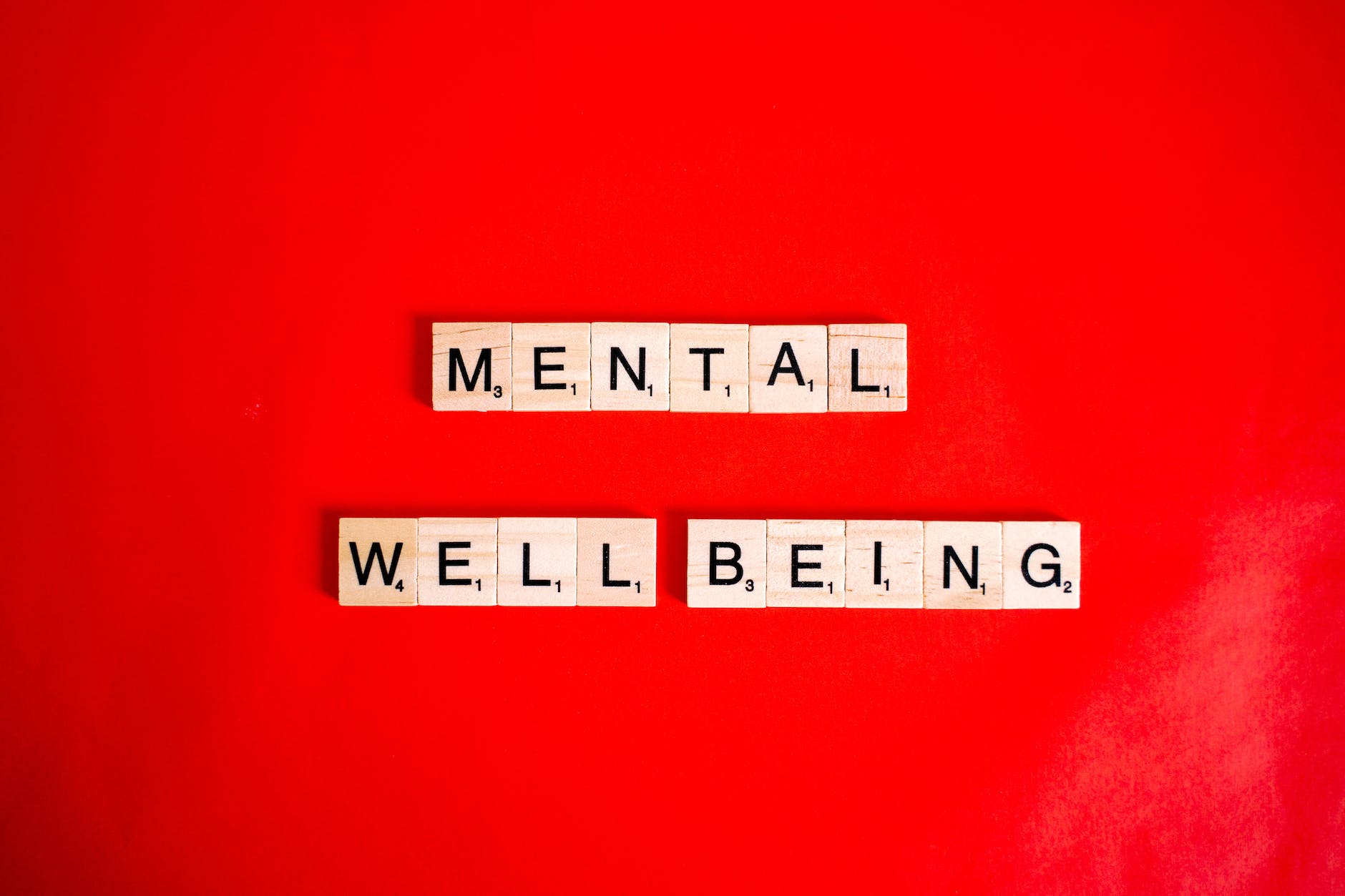
Mental Well-being
Despite the growing concerns regarding declining mental health, people still don’t pay much attention to their mental well-being. Mental health issues are rising at an alarming rate today. The National Alliance on Mental Illness (NAMI) claims that about 43.8 million adults in the US experience mental health illnesses yearly.
Most mental illnesses are curable, but people avoid seeking treatments or therapy, given the stigma surrounding mental health. NAMI also reports that only 41% of people with mental health problems received health services in the US last year.
Maintaining optimal mental well-being is essential to lead a healthy and fulfilling life. However, modern-day lifestyles and constant stress have taken a toll on our mental health, leading to feelings of exhaustion and burnout. The good news is that with some lifestyle changes, you can improve your energy levels and your mental well-being.
With such high numbers, it is important to understand how you can revive your mental well-being and regain your quality of life.
Seek Professional Support
Mental health issues can be exceedingly difficult to deal with all alone. So, if the symptoms are too much for you, consider seeking professional help. Several types of therapies and medications are available for those who want to regain their mental well-being.
Medications can work for those who suffer from depression or anxiety disorders. In contrast, therapy is effective in treating generalized anxiety disorders (GAD), panic attacks, and other forms of stress-related disorders like depression or bipolar disorder. Therapy involves talking to a professional who is efficient and trained in assisting others in dealing with their emotions.
Another emerging discipline that focuses on helping people with mental, emotional, physical, and cognitive disabilities is rehabilitation counseling. Now, you might wonder, “what is rehabilitation counseling and why it’s important?”
It is a type of counseling that helps individuals with psychological and physical disabilities to achieve personal, psychological, and social goals. They help people get back to normal life and live independently, preventing the development of chronic mental illnesses.
Ensure a Brain-Healthy Diet
Various foods can help you combat depression and improve your mental well-being. Foods such as salmon, eggs, walnuts, beans, and other plant-based foods promote overall brain health. These foods are rich in omega-3 fatty acids, which are vital for brain development and function.
Nutrition helps manage moods by boosting energy levels and improving depression and anxiety symptoms. However, low levels of omega-3 fatty acids may contribute to mood disorders such as major depressive disorder (MDD).
Examples include eggs since they contain vitamin B12, which helps maintain healthy nerves, and folate, which may reduce depression symptoms. Likewise, beans are useful sources of magnesium that reduce stress levels.
Staying Active
Exercise is a fantastic way to stay healthy and reduce stress. It can also help you sleep better, manage weight, and live longer.
Exercise increases blood flow throughout your body, meaning it helps remove toxins or chemicals from the brain that affect its function. Exercise is crucial, as backed by science. According to research, people with elevated levels of depression are more likely to have low levels of physical activity than those who are not depressed.
The National Institute on Aging recommends 150 minutes per week for adults over 18. However, many people do not follow this recommendation due to other commitments.
Quality Sleep
Getting enough quality sleep can boost your mental health. Sleep helps us process new information, make better decisions, and organize our lives. When we fail to get enough sleep, it hampers our ability to think clearly and make rational choices.
The National Sleep Foundation (NSF) recommends 7 to 9 hours of quality sleep every night. The amount of sleep you need varies from person to person. It is based on many factors, including age, lifestyle, and health conditions. Getting sufficient quality resting time for yourself each day is crucial so your brain can function optimally.
Make Social Connection a Priority
Spending time with your loved ones, friends, and family is crucial to feeling better. We need others around us if we want our mental health to improve.
It may seem obvious, but spending time with people who love us is the best way to boost our mood.
Likewise, consider joining an online community where people with similar interests come together to form support groups or perform other collaborative activities.
Managing Stress

Stress
Stress is a normal part of life. According to NIMH (National Institute of Mental Health), one in five Americans experiences an episode of depression in their lifetime. That is more than three million people.
You can manage stress by identifying your triggers and learning how to oversee them in ways that promote mental health.
- Identify your triggers – Try paying attention when these things happen so you can avoid them when possible and prepare beforehand if necessary.
- Manage the situation – When life gets stressful, take time for yourself before reacting emotionally or acting impulsively.
Break the Monotony
Try something new and exciting. Do something you have never done before. You could try a new hobby, sport, place, or food—there are many options. The key here is to be open-minded and willing to experiment with whatever comes your way.
So, go out of your comfort zone and try something exciting and different from what you normally do.
Set Realistic Goals
To boost your mental health, you need to set some goals and work towards them. But ensure your goals are time bound, measurable, realistic, and specific.
It can be difficult to determine what these goals should be because of the many factors involved in achieving them. But if you start with setting a few key ones, it will help keep things more organized in your mind. It is also important not to worry about other people’s goals—your needs must come first.
Try Meditation and Mindfulness
Meditation is a powerful tool for mental well-being, especially if you practice it daily. Mindfulness meditation is a practice of focusing on the present moment, non-judgmentally, without reacting to the content of thoughts and emotions.
It allows you to learn how your mind works to help control it more efficiently. Meditation reduces stress and anxiety and improves concentration levels by reducing distractions.
Value Yourself
Self-value is how you feel about yourself, and it can be shaped by your relationships with others. The more positive your self-esteem is, the more likely you are to have healthy relationships with others and create meaningful goals in life.
Self-esteem refers to a person’s overall opinion of themselves; it is based on their judgment about who they are—not what other people think about them. So, practicing self-value and self-esteem can help revive your mental health.
Conclusion
Maintaining good mental health is crucial to our well-being. It is worthwhile to focus on boosting your mental health alongside physical well-being. However, the more you try, the better your mental health will eventually be.
But it is never too late to consider professional help for your mental health if you are willing and ready. You should also set realistic goals and find a way to achieve them.






